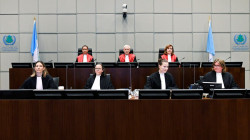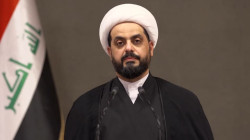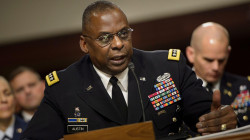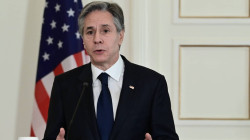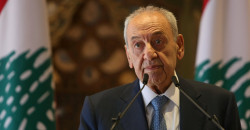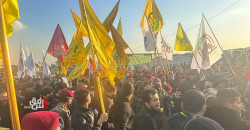US pressures Lebanon to bar Hezbollah from Finance Ministry
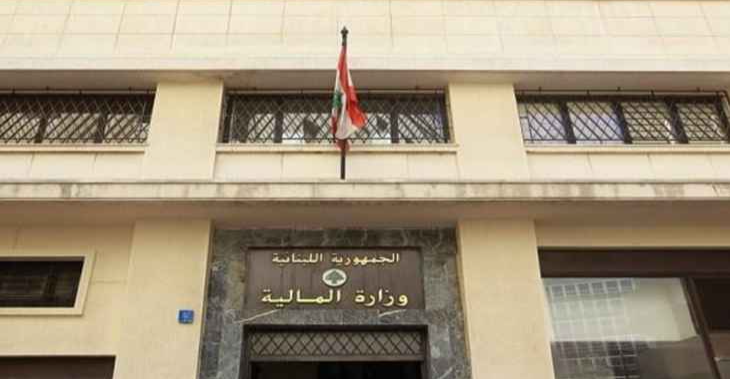
Shafaq News/ The United States is pressuring top Lebanese officials to prevent Hezbollah or its allies from nominating the country’s next finance minister, five people with knowledge of the matter told Reuters.
Hezbollah, like Lebanon’s other main factions, has long played a role in government formation. Since 2014, the finance ministry has been controlled by the group’s Shiite ally, the Amal Movement, which jointly holds 30 out of 128 seats in Parliament.
Speaking on condition of anonymity, five sources told Reuters that US officials had conveyed messages to Prime Minister-designate Nawaf Salam and President Joseph Aoun, who was elected in early January with US backing, urging them to exclude Hezbollah from the next cabinet.
Three of the sources said Lebanese American businessman Massad Boulos, who served as an adviser on Middle Eastern affairs under former US President Donald Trump, was among those delivering the message. The White House and State Department did not immediately respond to Reuters’ requests for comment on whether Washington had taken a position on Hezbollah’s role in the government.
One of the sources said US officials had communicated to Salam that Lebanon had entered a "new phase" and that it was no longer acceptable for Hezbollah and its allies "to enjoy the same privileges" as before, including control over "sensitive ministries such as finance."
One source close to Hezbollah described "significant American pressure on Salam and Aoun to clip the wings of Hezbollah and its allies." Three others with direct knowledge of the issue said allowing Hezbollah or Amal to choose the finance minister could jeopardize Lebanon’s chances of securing international funds for reconstruction following last year’s war, during which Israeli airstrikes devastated large parts of the country.
Much of the destruction is in Shiite-majority areas where Hezbollah has strong support. While the group has called for Arab and international assistance to rebuild, sources in Lebanon and the region said that aid hinges on political developments.
A source close to the Saudi royal court said French, Saudi, and US envoys had informed Parliament Speaker Nabih Berri, the leader of Amal and a Hezbollah ally, that international financial assistance—including from Saudi Arabia—was contingent on Aoun’s election. The next key step, the sources said, is government formation.
Under Lebanon’s sectarian power-sharing system, the presidency is reserved for a Maronite Christian, the premiership for a Sunni Muslim, and the parliamentary speaker’s position for a Shiite Muslim. Cabinet positions are similarly allocated by sect and political affiliation.
Three of the sources said Washington had no objection to a Shiite holding the post but opposed Hezbollah or Amal directly appointing the minister.
